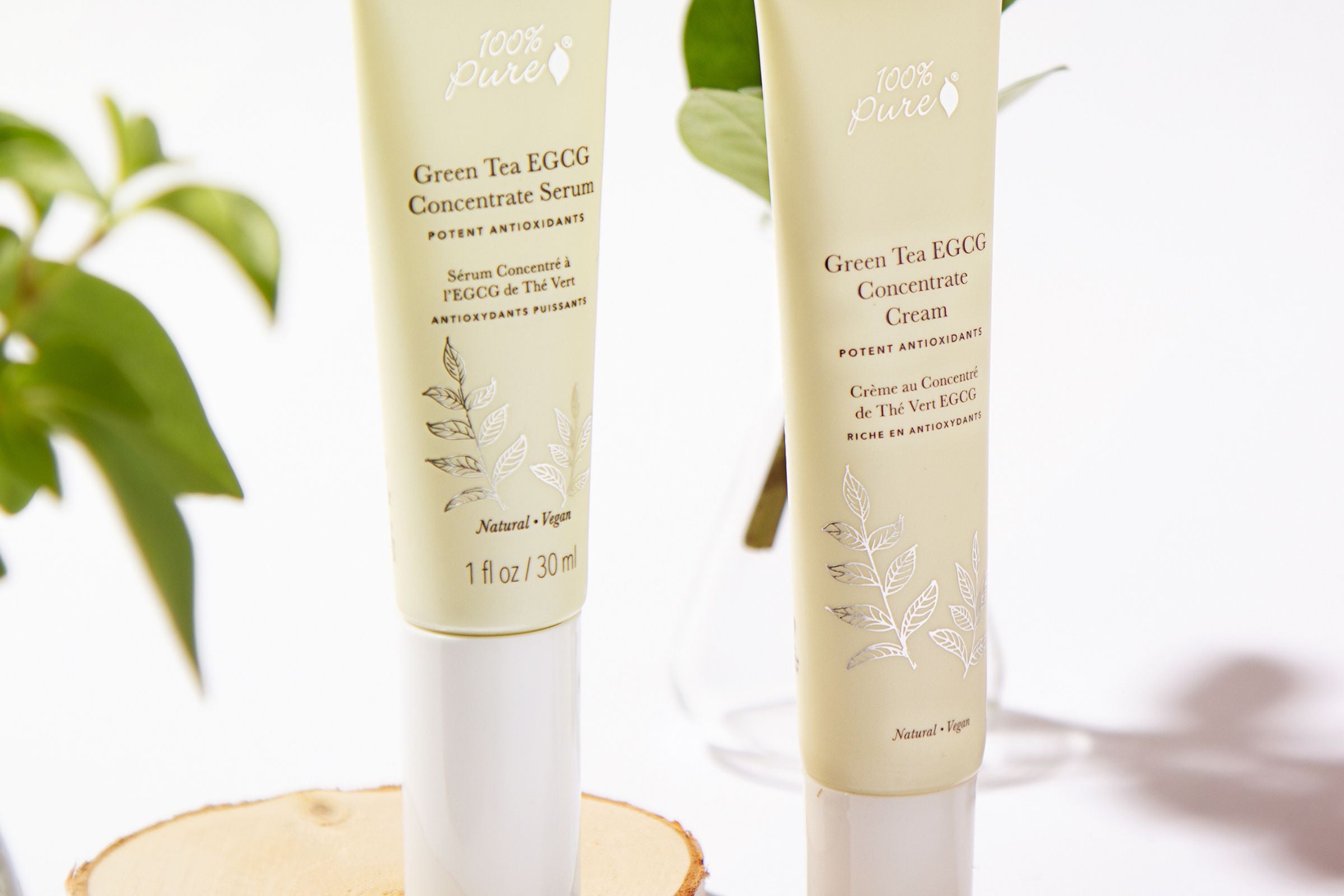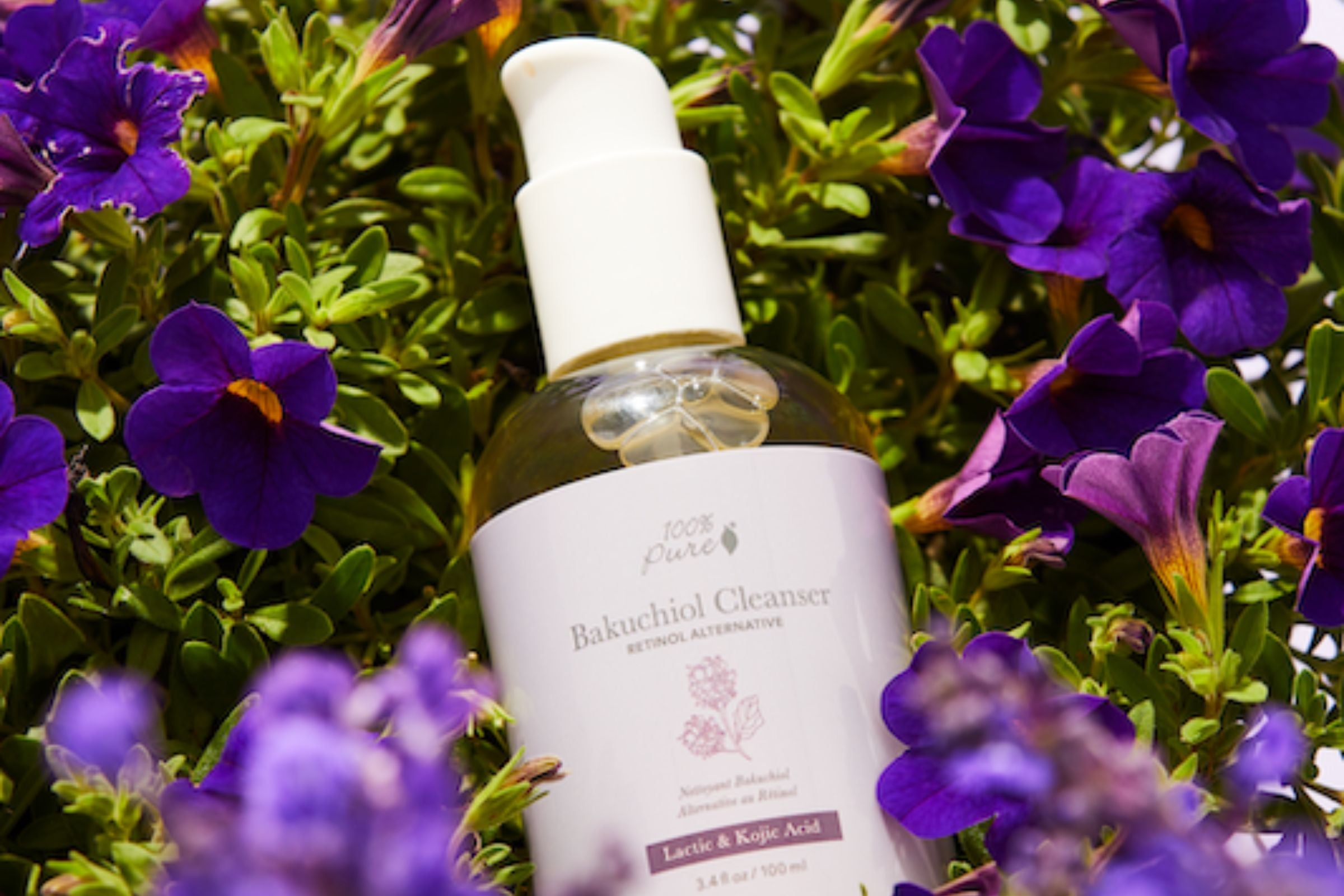Taking care of our skin becomes increasingly important as we age. Many women start paying more attention to their skincare routine to maintain a youthful appearance. One popular ingredient that often comes up in discussions about anti-aging is retinol.
Retinol has gained a lot of popularity over the years due to its potential benefits in reducing the signs of aging. However, it’s essential to understand that retinol is a chemical-based product and can have some negative effects on the skin.
Why Seek Retinol Alternatives?
Retinol is a derivative of vitamin A and has been extensively studied for its ability to improve the appearance of fine lines, wrinkles, and uneven skin tone. It works by promoting cell turnover and stimulating collagen production in the skin. It helps to accelerate the process of shedding old, dull skin cells and revealing fresher, younger-looking skin. This can result in a smoother texture, improved skin tone, and reduced signs of aging over time.
However, it’s important to note that retinol can have some common side effects. It may cause skin dryness, redness, flakiness, and increased sensitivity to sunlight. Many people experience these effects when they first start using retinol. It’s crucial to introduce retinol into your skincare routine gradually.
The Magic of Natural Retinol Alternatives
In recent years, there has been a noticeable shift in consumer preferences toward natural ingredients in skincare products. This trend has extended to the realm of anti-aging skincare, where people are increasingly seeking alternatives to synthetic compounds like retinol. Several natural ingredients have gained popularity as potential substitutes for retinol due to their unique properties such as bakuchiol, rosehip oil, niacinamide, and sea buckthorn oil.

Detailed Look at Each Natural Retinol Alternative
Let’s take a closer look at each of the natural alternatives of retinol:
. Bakuchiol
Bakuchiol is a natural compound derived from the seeds of the Psoralea corylifolia plant. It has gained popularity as a potential alternative to retinol due to its similar anti-aging benefits.
Benefits: Bakuchiol is known for its ability to stimulate collagen production, improve skin elasticity, and reduce the appearance of fine lines and wrinkles. It offers these benefits without the potential skin irritation and sensitivity associated with retinol.
How to incorporate it into a skincare routine: Bakuchiol can be incorporated into a skincare routine through products like Bakuchiol Cleanser, Bakuchiol Oil Serum, and Bakuchiol Moisturizer. Start by cleansing the skin with the Bakuchiol Cleanser, then apply the Bakuchiol Oil Serum as a treatment before moisturizing with the Bakuchiol Moisturizer. Use these products once or twice daily, following the instructions provided.
. Rosehip Oil
Rosehip Oil is extracted from the fruit of the wild rose plant. It is a natural ingredient rich in vitamins, antioxidants, and essential fatty acids that provide various benefits to the skin.
Benefits: Rosehip Oil helps nourish the skin, improve its texture and tone, and reduce the signs of aging. It promotes cell regeneration, enhances hydration, and can contribute to a more youthful appearance.
How to incorporate it into a skincare routine: To incorporate Rosehip Oil into your skincare routine, you can use Organic Rosehip Oil as a standalone product or look for products that contain Rosehip Oil as an ingredient. Additionally, you can try the Vitamin C Glow Max Bright Mask (which also contains Bakuchiol) and the Green Tea EGCG Serum. Apply Rosehip Oil or products containing Rosehip Oil to clean, dry skin as part of your morning or evening routine.
. Niacinamide
Niacinamide is a form of vitamin B3 and has gained popularity as a versatile skincare ingredient. While it may not directly mimic the effects of retinol, it offers several benefits for the skin.
Benefits: Niacinamide helps improve skin elasticity, reduce hyperpigmentation, regulate oil production, and enhance the skin’s barrier function. It is suitable for various skin types and can contribute to a healthier, more balanced complexion.
How to incorporate it into a skincare routine: Incorporate Niacinamide into your skincare routine with products like Niacinamide Boost, Lavender Niacinamide Pore Minimizer Tonique, and Fermented Rice Water Cleanser. Start by cleansing the skin with the cleanser, follow up with the tonique, and finish with the Niacinamide Boost as a serum or treatment. Use these products as directed, typically once or twice daily.
. Sea Buckthorn Oil
Sea Buckthorn Oil is derived from the berries of the Hippophae rhamnoides plant. It is rich in vitamins, antioxidants, and essential fatty acids, making it a potential alternative to retinol.
Benefits: Sea Buckthorn Oil helps promote skin hydration, combat free radicals, improve skin elasticity, and reduce the appearance of wrinkles. It nourishes the skin and can contribute to a smoother, more youthful complexion.
How to incorporate it into a skincare routine: Incorporate Sea Buckthorn Oil into your skincare routine using products like the Puristry Seaberry Moisturizer (which also contains Bakuchiol), the Coffee Bean Face Cream, and the Super Fruit Oil. Apply these products to clean, dry skin as part of your morning or evening routine, following the provided instructions.
How to Transition from Retinol to Natural Alternatives
During the transitioning period from retinol to natural alternatives, expect a temporary adjustment phase as your skin adapts to the new products.
Newsletter Subscribe
for more blog updates and exclusive discounts
- Start gradually, incorporating alternatives a few times a week and increasing frequency over time.
- Perform patch tests before fully using new products to check for adverse reactions.
- Maintain consistency by sticking to a regular skincare routine that includes the chosen alternatives.
- Adjust your routine to match the recommended usage (morning or evening) for each alternative.
- Monitor your skin for any reactions or changes during the transition period.
- Ensure proper hydration and moisturization alongside natural alternatives.
- Be patient and give your skin time to adjust, as results may vary.

Frequently Asked Questions (FAQ)
Q1: Can I use these natural alternatives even if I have sensitive skin?
Yes, these natural alternatives can generally be used on sensitive skin, but patch testing is recommended to ensure compatibility.
Q2: How long does it take to see results with natural retinol alternatives?
Results with natural retinol alternatives can vary, but noticeable improvements may take several weeks to a few months of consistent use.
Q3: Can these natural alternatives cause any side effects?
While natural alternatives are generally gentle, they can still cause individual reactions. Monitor your skin for any adverse effects and discontinue use if necessary.
Q4: Can I mix these alternatives with other skincare products I use?
Mixing these alternatives with other skincare products is generally fine, but it’s best to follow the instructions provided and be mindful of potential ingredient interactions.
Q5: Can I use these natural alternatives while pregnant or breastfeeding?
Natural alternatives are mostly safe to take during pregnancy however it would be great to consult the doctors to get rid of any doubts.
The rise of natural alternatives to retinol in skincare has provided individuals with options that offer potential anti-aging benefits while addressing concerns about skin sensitivity and preferences for natural ingredients. When transitioning from retinol to natural alternatives, a gradual approach, monitoring skin reactions, and maintaining consistency are key.
Source by [author_name]

